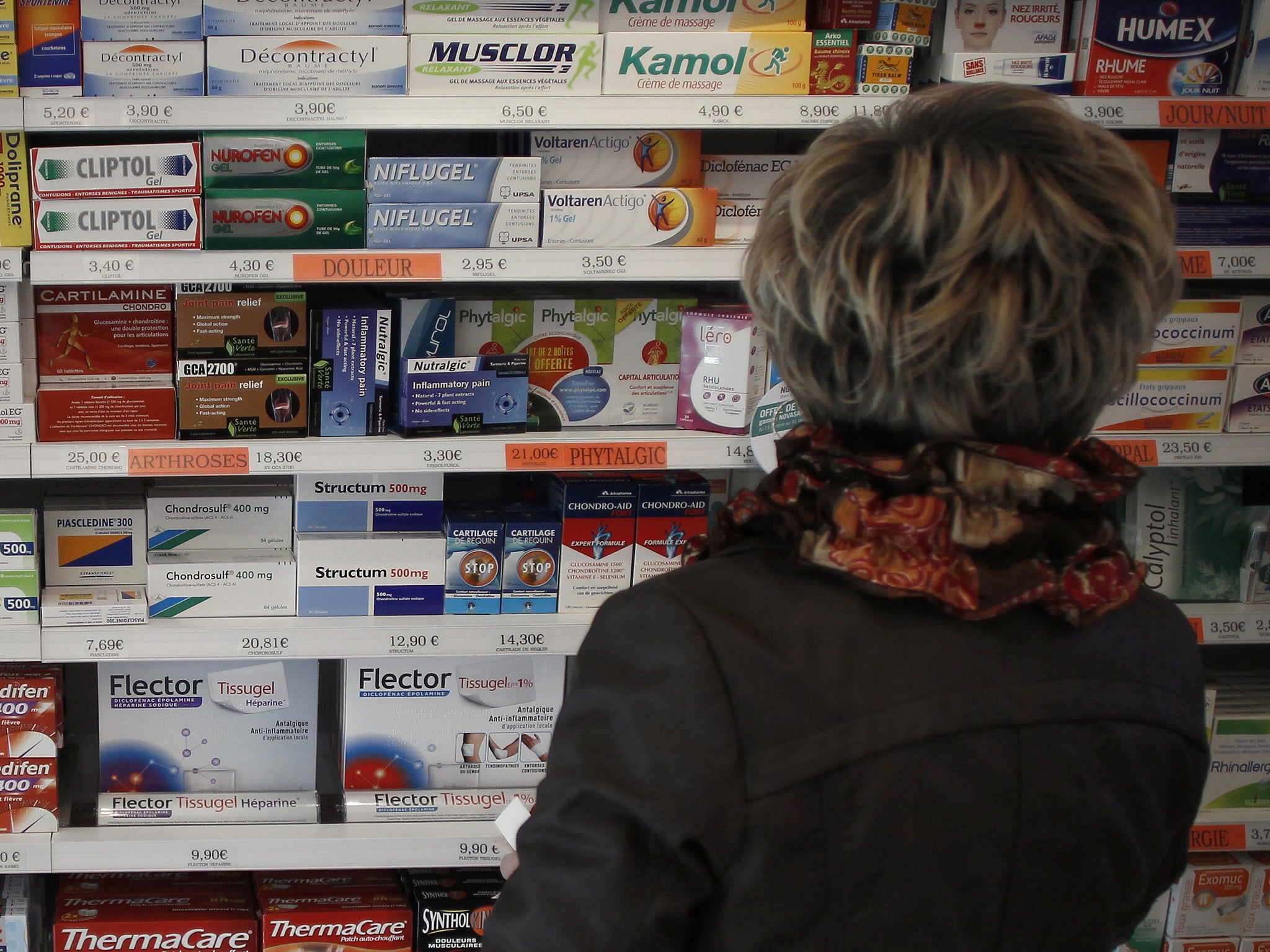Prescribe cheaper drugs, GPs told
'Inefficient' doctors targeted as NHS looks to save billions

Doctors who unnecessarily prescribe expensive branded drugs to patients when cheaper alternatives are available are facing a crackdown as the NHS attempts to reduce its annual £8bn family medicine bill.
Health service managers have identified inefficient prescribing by GPs as a key target for savings as the NHS looks to cut costs by around 4 per cent every year.
As a result, GPs will be forced to justify their prescription costs against newly published data, allowing managers to identify those doctors who continue to prescribe expensive branded drugs rather than their generic alternatives. The move comes after a study, backed by the new NHS Commissioning Board, found the NHS was wasting £33m a month on unnecessary expenditure on two branded heart drugs alone.
The research, by Open Health Care UK and Mastodon C, a data research company, analysed over 37 million lines of prescription data from across the country.
The study found that large numbers of GPs were still prescribing branded statins to their patients despite the availability of cheaper alternatives that have been judged to be equally safe and effective.
Overall, the study estimated that the NHS could have saved £200m a year on the two types of drugs if all GPs had been as cost-conscious as the best. The cost of an individual prescription item can vary from as little as 81p for a generic drug, to over £20 for drugs still under licence. Overall it has been estimated that the total savings across all prescriptions could be as much as £1bn a year – almost a quarter of the annual savings that the NHS is expected to make each year.
In response to the study, Sir Bruce Keogh, medical director of the NHS Commissioning Board, suggested it would be a high priority for the organisation when it takes control of the NHS budget from the Department of Health in April.
"Variation in prescribing habits costs the NHS millions of pounds a year," he said. "Sharing of information will help clinicians understand whether they are over or underprescribing. This will focus minds in a way that will not only improve the quality of treatment for patients but also reduce cost and free up money for reinvestment in other parts of the NHS."
One former doctor told The Independent that part of the problem lay with GP practices with on-site pharmacies. These make money for the doctors working in the practice and because the profit margins on branded drugs are substantially higher, this provides an incentive to prescribe more expensive drugs.
"One of our neighbouring practices had a pharmacy attached to it and routinely its drugs bill was always substantially higher than ours despite having a very similar patient profile," he said. "The suspicion always was that they were making money by prescribing the drugs with the highest profit margin."
Another problem is hospitals prescribing patients with branded drugs, which they have bought in bulk, so when patients return home they expect the same drug to be prescribed by their GP. "This can be hard for the doctor as patients sometimes believe the drug they are being transferred to is in some way less good than the drug they were being given in hospital," Clare Gerada, chair of the Royal College of GPs, said. Dr Gerada said she welcomed moves to ensure there was prescribing consistency across practices. "It is really important that where possible and based upon the evidence GPs switch patients over to generic medication."
Open Health Care UK and Mastodon C now intend to look at other commonly prescribed drugs to see what savings can be made and develop software that can be used by the new clinical commissioning groups to identify local GPs with expensive prescribing practices. These can then be directly targeted with GPs being forced to justify their decisions. Francine Bennett, who carried out the analysis, said there was huge potential for future savings. "What's important is to work with healthcare professionals to provide the analysis which can realise this potential," she said.
Join our commenting forum
Join thought-provoking conversations, follow other Independent readers and see their replies
Comments